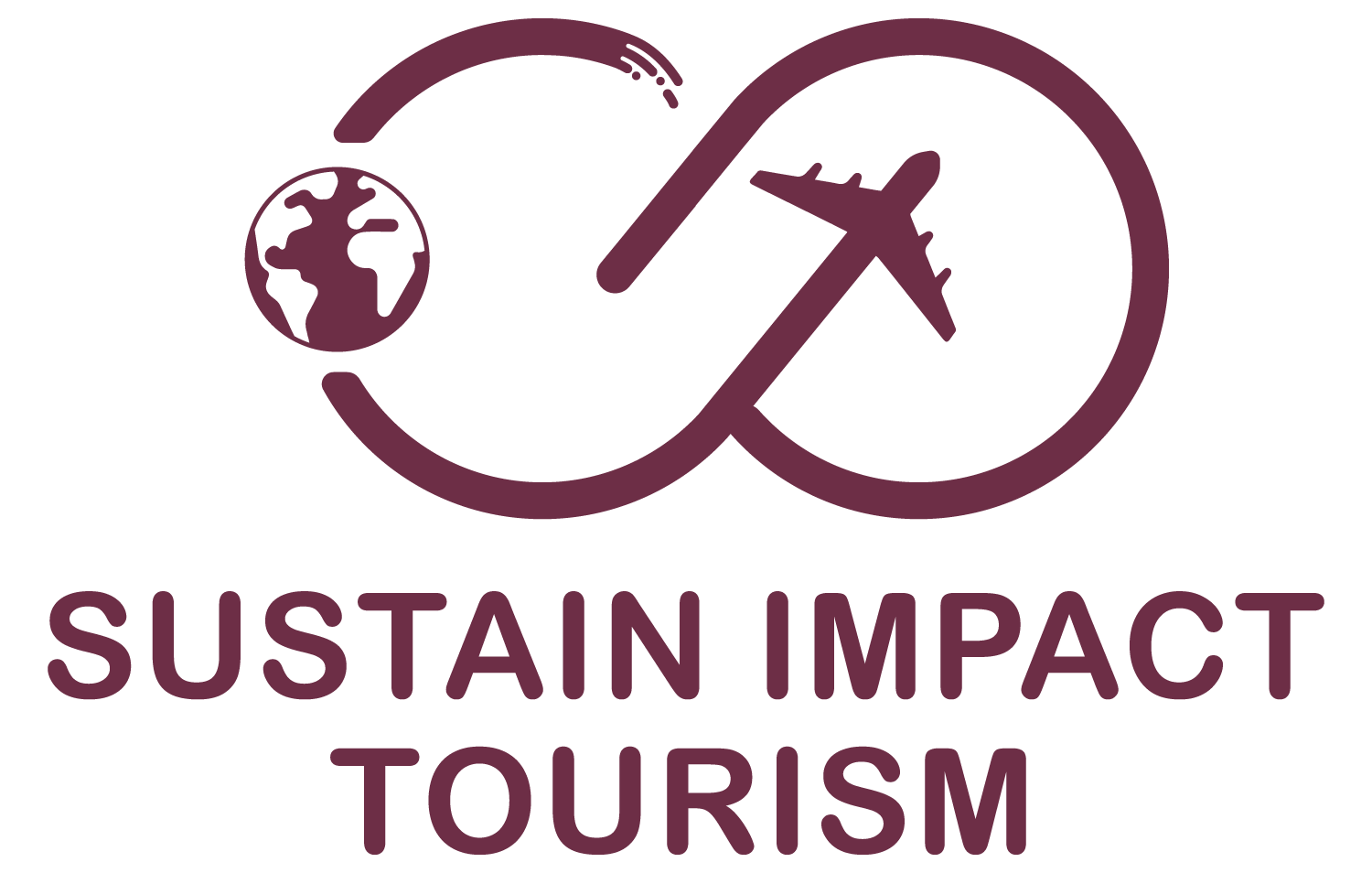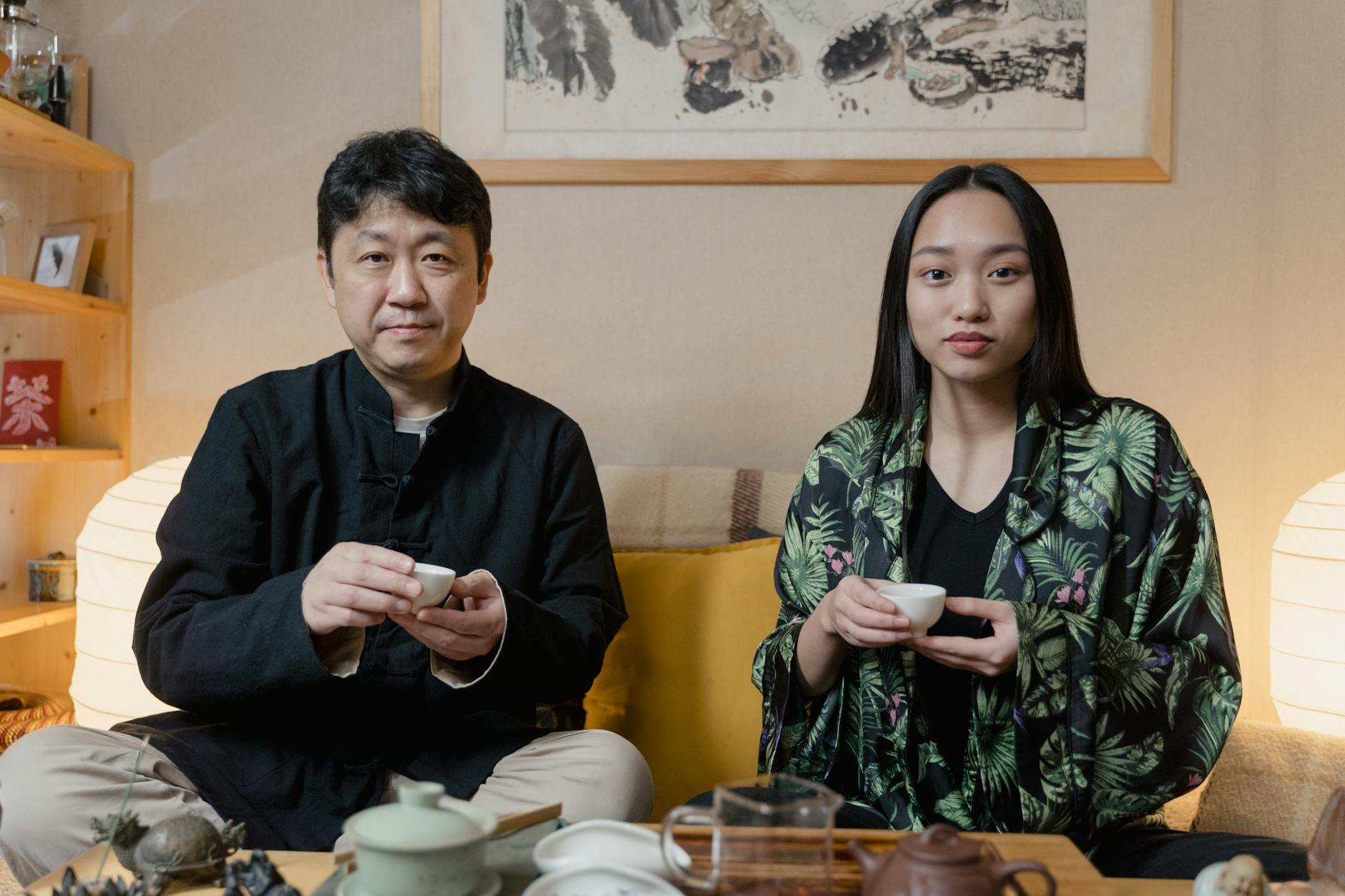Pass it On: Understanding Cultural Identity Through Storytelling
Storytelling has been an integral part of human culture since the very beginning. From Homer’s Odyssey to the Bible's Genesis, stories have been used as a way to transfer wisdom and shape our opinions about life in general. Even nowadays, storytelling still holds that same prominent place it had ages ago and serves us well when comprehending our cultural identity better. How does storytelling affect communities? What is its narrative legacy? Does it play any role in terms of cultural tourism?
Cultural Identity through Storytelling
Storytelling has been a part of human history for thousands of years. It's an art form which helps us tap into our emotions, build relationships with people, and make a strong connection between the past and the present. This is particularly evident when it comes to perceiving cultural identity through storytelling – the tales that we tell reflect the values, experiences, and memories that have formed cultures down the ages. Stories open our eyes to the evolution of traditions, languages, customs, music, cuisine, literature and religions throughout history.
When you take a look at these stories, it gives us an understanding of what our ancestors went through in order to create the society which we now live in today!
Stories come in all shapes and sizes - from the attention-grabbing narratives told around campfires to written biographies that document somebody's life. Each narrative has its own distinguishing features like symbolism, metaphors and topics which deliver a strong messages about life's teachings. In a nutshell, storytelling offers us an appreciation of the culture behind these words – it lets us examine different points of view and beliefs about life we might not have had access to otherwise.
By engaging with stories coming from diverse backgrounds, we become aware what connects us as people – our fondness for family members, hunger for knowledge as well as respect towards nature. Storytelling brings together all those aspects no matter where you're from; making it an effective method of maintaining unity amid diversity!
The Role of Narrative Heritage in Defining Cultural Identity
Storytelling is an effective way to keep a culture's identity and values intact over time. It can be used to teach the next generation essential ethical and social codes, as well as connecting them with their ancestors, people they know now, and those who will come later on. To really get a sense of all we are as individuals, it's important to examine the stories that have been passed down through generations - local histories, proverbs, and folklore. These traditional tales act like bridges between us instead of just being disconnected pieces about people in the past; they allow us to truly connect with both our own personal experiences along with those from others within our communities. But it's not only these old-fashioned narratives preserving cultures around the globe: Myths and legends have also held strong for thousands of years! By exploring this type storytelling which is much more than fiction or fantasy but often rooted in fact helps create connections over time periods no matter how long ago something occurred.
The strength of storytelling in today's society remains significant even though we now have access to more developed modes of communication such as television and films. Stories give us a space to talk about our beliefs while giving us an alternate route for expressing ourselves over plain writing or talking, letting us reveal our experiences without the fear of being judged. By getting involved with stories we can make compassion for others also demonstrate respect for the cultures that originate from ours providing a total deeper understanding about ourselves within our networks. Tales have been around for ages, helping to form cultures and influencing people's mindsets. Myths which explain natural occurrences or fairy tales that bring us joy – stories are a powerful tool used in culture shaping. Fables can sometimes be employed as morality lessons, imparting wisdom from one era to the next; they serve as identifiers of cultural identity too by giving a sense of belongingness and knowledge about the past.
Even though there are shared ingredients in tales all around - like heroism, daring feats and good against evil - each culture has its own set of principles as well as beliefs which shape its storytelling traditions. In some cultures these values show up clearly while on others it is subtly observed through symbols or metaphors. For instance, traditional Native American stories many times include references to nature that symbolize peace or friendship.
Are you interested in learning more? Join our Storytelling for Sustainable Tourism course!
Storytelling plays a vital role in promoting sustainable tourism by connecting visitors to the destination, educating them, and encouraging responsible and ethical travel practices. It helps preserve cultural heritage, empower local communities, and create engaging and memorable experiences that benefit both tourists and the places they visit.
Cultural Tourism, a Journey through Stories
Experiencing cultural tourism and the tales of other cultures is incredibly fulfilling. Each of us has our own unique stories influenced by our traditions, backgrounds, values; these are what really build a better comprehension of this world in which we live. Either by your lived experience or gaining knowledge about others, it adds to that understanding more profoundly when on journeys around other countries/states - learning their lore plus discovering diverse customs makes for an insightful adventure!
Telling stories is an integral part of cultural tourism. Guided tours and interactive performances are designed to help tourists understand cultural identity, beyond just the physical sightseeing attractions in the destination. Through these activities, travelers have more than your typical vacation experience – they gain emotional insight into local people’s lives by interacting with locals who grew up there and hearing their traditional tales that were passed down for generations. It presents an opportunity not only to appreciate another country or region but also to truly connect with its people as well!
Going on cultural tours with locals can provide a unique insight into the local culture. Personal stories, tales, and legends are shared allowing visitors to gain an understanding of where people come from or how they got there - giving you insight into different customs and traditions while also uniting us in our similarities regardless of background. What's more is this appreciation for difference encourages mutual respect between destinations everywhere and celebrates diversity through culture as opposed to only tourist attractions or landmarks alone!
Stories give us an insight into another culture's beliefs and practices. By exploring mythical narratives, fables, superstitious rituals and traditions while we travel, we can not only understand cultures better, but also find the similarities between our cultures and connect on a more humane level with the locals. No matter where you travel or what language you use - there’s something magical when it comes to listening local anecdotes.
Stories are also powerful tools that can shape attitudes and behaviors. For instance, stories that depict diversity in a positive light tend to make people more tolerant and accepting of others. On the other hand, if the stories contain biased or negative stereotypes, they may foster prejudice among readers. By sharing diverse perspectives through storytelling we create an environment where everyone feels welcomed and included.
In today’s tech-driven culture where almost any information can be accessed with few taps on your device or clicks on your computer mouse, stories keep their importance. It's essential not to forget about this traditional art form which could have good effects as well as bad consequences depending how we use it for shaping our society over time.
Preserving Narrative Heritage through Cultural Tourism
Preserving the stories of our culture is an essential part of keeping them alive. Narrative, whether it be oral or written, can transport us back to a different time and teach us about those who have come before; their customs and traditions that shape where we are today. With cultural tourism visitors from all around the globe get to experience these tales in person - they gain knowledge on how other cultures were once shaped by storytellers throughout history!
Canada has really embraced cultural tourism as a way to preserve its narrative heritage. There are many small communities throughout the nation who have taken it upon themselves to share their traditional stories and keep them alive for future generations while also allowing travelers from around the world to learn about this unique history by visiting historic sites, attending events with local storytellers, and participating in all kinds of activities related to Canada's culture. From Inuit myths, right through to French-Canadian immigrants creating new lives and making a mark on this land - there is no denying that Canadian culture is rich and varied! It offers something truly special; an opportunity for visitors experience these tales first hand.
Besides giving travelers an electrifying environment, these projects also bring forth economic openings for people living in remote areas. They give us a reason to travel into that small forgotten village and integrate ourselves with communities which would otherwise remain isolated.
Storytelling: A Reflection of our Cultural Identity
Storytelling is an innate part of our cultural identity, and has been a fundamental element in oral tradition across human history. It's much more than simply passing the time; it gives us common ground to share experiences from ages past, as well as lessons to take with us into future generations.
Stories provide invaluable information about our culture's background - they outline how we've grown over time and depict what values have shaped who we are today. They regale tales of shared wisdom that reminds us why these morals were instilled in the first place: so that each generation could embrace them anew! Wondering where you fit within this grand canvas? These stories help bridge gaps between different groups by communicating truths on which everyone can agree.
Stories have always been a way to bring different generations and cultures together, providing a shared experience that brings meaning. In this day and age there are many more ways in which stories can be told such as books, movies, theatre performances, music or television series. But no matter the form they take on one thing remains the same; storytelling is an invaluable tool for understanding each other better and forming connections across diverse backgrounds. This mutual comprehension of our respective values is paramount when it comes to creating strong relationships with people from all walks of life - how else would we comprehend someone totally unlike ourselves?
The significance of storytelling in safeguarding culture can’t be overstated. Everyone has something to share; whether they are recollections stemming from childhood or events occurring during adulthood, these tales help illustrate who we are both on an individual level and collectively as one unit. Storytelling helps us communicate more efficiently with other people while simultaneously preserving aspects of our heritage which may otherwise slip through the cracks due to today's hectic environment.
In conclusion, storytelling is a major part of many cultures worldwide. It's an integral factor in forming our cultural identity and keeping alive the narrative heritage that makes us feel connected with one another as well as proud of where we come from. Storytelling gives us access to places and other cultures which may be otherwise out of reach, all while highlighting how amazing it can be when we experience different parts of the world for ourselves!
Ready to start exploring the meaning of stories for your tourism business? Book your free 30-min discovery call with Sustain & Impact Tourism!


